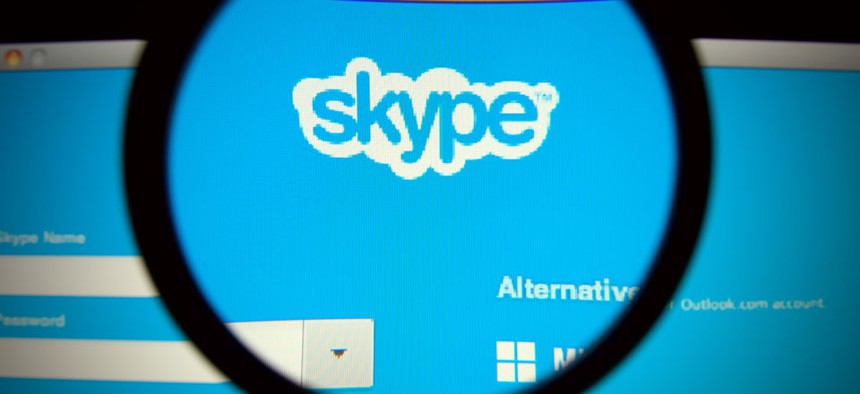Skyping Fake Bomb Threats in the Name of ISIS Not a Wise Move

Gil C/Shutterstock.com
21-year-old Connecticut gamer arrested for "swatting" schools nationwide.
U.S. authorities have charged a 21-year-old Connecticut resident for his involvement in false VoIP calls warning of impending violence against Americans, according to a newly unsealed FBI affidavit.
Matthew Tollis was arrested Wednesday on federal accusations of "swatting," the practice of calling 911 to elicit a SWAT team or other emergency responders based on false reports.
He allegedly was a member of an Xbox gaming group called TCOD, TeAM CrucifiX or Die, which now refers to itself as "ISISGang." The leaders of the group are believed to reside in the U.K. An investigation is ongoing.
The pranksters are accused of manipulating Internet calling service Skype to anonymously phone in threats. The calls alluded to imminent explosions, shootings and mass murder across the United States, at places such as the University of Connecticut and Sandy Hook Elementary School, the site of the 2012 massacre of 20 children and six adults.
Tollis is not thought to be the perpetrator of the calls, but was on the line and did not report the wrongdoing.
A Twitter exchange among the suspected plotters indicated Tollis was part of the Skype "hack" that summoned emergency responders to a bomb threat at UConn on April 3, court papers state.
"The telephone number used to call the University of Connecticut was a Skype default telephone number," according to the affidavit.
One tweet contained a screenshot of a multiperson Skype call between individuals going under the handles "hacked by verified," "Harbor," "Junior" and "OTF Jordie." The picture is believed to capture the Skype call that placed the threat. "Harbor" was Tollis' Skype username.
Tollis allegedly was involved in six prank calls during the past year that brought law enforcement to the scene of a noncrime.
On April 11, the Boston Convention & Exhibition Center received a bomb threat from the same number as the UConn scam. The caller told a public safety employee he was "an Iraqi national who migrated to the United States in 2006 and was working for Allah,” the affidavit states. He claimed he was upset "that innocent Iraqis were being killed and stated that his children were murdered by Marines."
On Aug. 19, an employee at a University of Connecticut building received a second bomb threat against the campus from a male who spoke with a foreign accent, court papers say. The employee told police the caller referenced Mohammed several times and said something to the effect of "all nonbelievers would die."
Tollis later told authorities, "I stood by and watched as resources were wasted for hoax calls."
Swatting incidents happen hundreds of times a year, but increasingly the gaming community has become entangled in the plots -- either as the offenders or the victims. One reported theory is that swatters can watch the police sieges in real-time, if they target gamers who webcast their triumphs.
(Image via Gil C/Shutterstock.com)






